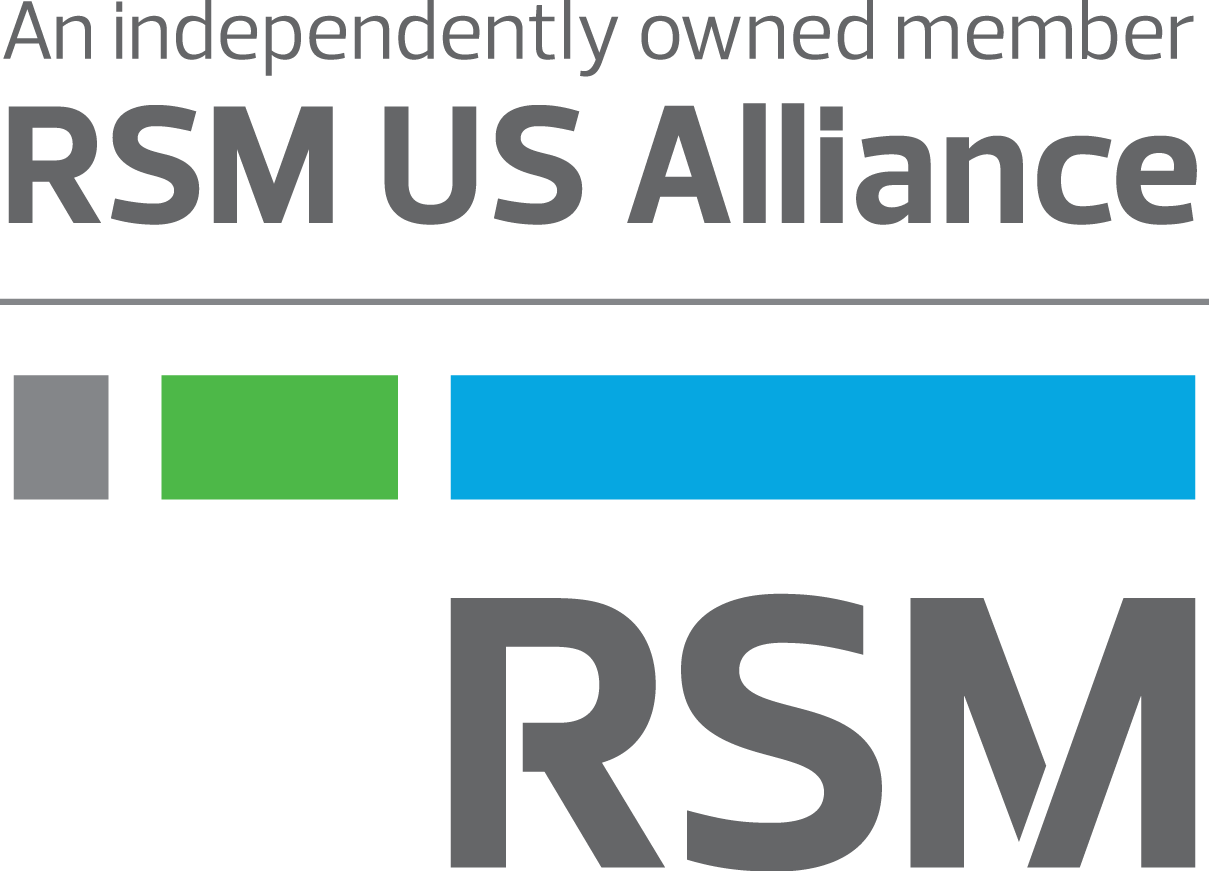
Preparing for state section 174 differences
TAX ALERT | January 25, 2023
Authored by RSM US LLP
Executive summary: State section 174 conformity regardless of federal reform
The Tax Cuts and Jobs Act (TCJA) requires taxpayers to capitalize and amortize research and experimental (R&D) expenditures under section 174 for tax years beginning after Dec. 31, 2021. For taxpayers affected by the changes, state tax conformity issues will create an additional layer of complexity. With uncertainty surrounding how or whether Congress will address the section 174 capitalization rules in the 2023 legislative session, it is critical to understand existing state tax issues and potential implications of future federal legislation.
State conformity and section 174
RSM has previously discussed what taxpayers need to know about the looming required capitalization of section 174 expenditures and taxpayers should similarly prepare for state differences, regardless of whether Congress addresses section 174 for 2022.
From a state perspective, whether the state conforms to the changes made to section 174 is generally the first question to consider. Most, but not all, states have updated their conformity dates or specific conformity provisions to incorporate changes made by TCJA or otherwise conform to the provisions through rolling conformity to the IRC.
For those states that continue to maintain a conformity date for section 174 prior to the enactment of TCJA, capitalization of R&D expenditures will not be required. Current expense treatment for R&D expenditures will remain the appropriate approach for these states, requiring a federal/state modification to correctly reflect state taxable income.
At least one state, Tennessee, has enacted specific legislation to decouple from the federal capitalization requirements under section 174 and allow state-level current expensing. Other states may propose or enact legislation to decouple from the federal capitalization rules during the 2023 legislative sessions. Importantly, some states have differing conformity rules for corporations and pass-through entities, creating a disconnect between proper state treatment of expenses under section 174 for differing entity types. Pass-through entities should consider these differences, especially since conformity to section 174 is often addressed in a corporate context.
Additionally, not all states conform to section 280C, which provides that a taxpayer is required to reduce its section 174 deduction (or beginning in 2022, the amount capitalized and subsequently amortized) by the amount of section 174 expense included in its federal R&D credit computation, unless electing to claim a reduced federal credit. Many states conform fully to section 280C, but some states fully decouple, partly conform or have provided a state-specific modification to allow a subtraction for expenses disallowed at the federal level.
For taxpayers materially affected by the updated capitalization requirements under section 174 and the expense disallowance under 280C, it is imperative that conformity to the federal provisions is examined on a state-by-state basis to ensure proper treatment of R&D expenditures. State conformity to section 174 and conformity to section 280C are separate, non-correlated issues, requiring an analysis of each to determine correct state tax treatment.
Takeaways
The timing of federal legislation is a key factor for fixed-date or selective conformity states. With most state legislatures out of session by the beginning of summer, there is a distinct possibility that some states will not be able to respond to federal legislation timely. Changes to federal provisions effective in 2023, or earlier, may not be conformed to by many states until 2024 state sessions, or later.
With the uncertainty, and increasing unlikeliness, of an early tax bill from Congress, taxpayers should prepare for the variety of scenarios that may occur as we enter 2022 compliance season and contemplate 2023 estimates. Taxpayers with questions about state conformity to section 174 or section 280C should speak to their state and local tax advisers as well as staying flexible and prepared in the event Congress acts on tax provisions in the next couple of months.
This article was written by Brian Kirkell, Christian Wood, Anna Cronic, Mo Bell-Jacobs and originally appeared on 2023-01-25.
2022 RSM US LLP. All rights reserved.
https://rsmus.com/insights/tax-alerts/2023/preparing-state-section-174-differences.html
The information contained herein is general in nature and based on authorities that are subject to change. RSM US LLP guarantees neither the accuracy nor completeness of any information and is not responsible for any errors or omissions, or for results obtained by others as a result of reliance upon such information. RSM US LLP assumes no obligation to inform the reader of any changes in tax laws or other factors that could affect information contained herein. This publication does not, and is not intended to, provide legal, tax or accounting advice, and readers should consult their tax advisors concerning the application of tax laws to their particular situations. This analysis is not tax advice and is not intended or written to be used, and cannot be used, for purposes of avoiding tax penalties that may be imposed on any taxpayer.
RSM US Alliance provides its members with access to resources of RSM US LLP. RSM US Alliance member firms are separate and independent businesses and legal entities that are responsible for their own acts and omissions, and each are separate and independent from RSM US LLP. RSM US LLP is the U.S. member firm of RSM International, a global network of independent audit, tax, and consulting firms. Members of RSM US Alliance have access to RSM International resources through RSM US LLP but are not member firms of RSM International. Visit rsmus.com/aboutus for more information regarding RSM US LLP and RSM International. The RSM(tm) brandmark is used under license by RSM US LLP. RSM US Alliance products and services are proprietary to RSM US LLP.

VPTAX is a proud member of RSM US Alliance, a premier affiliation of independent accounting and consulting firms in the United States. RSM US Alliance provides our firm with access to resources of RSM US LLP, the leading provider of audit, tax and consulting services focused on the middle market. RSM US LLP is a licensed CPA firm and the U.S. member of RSM International, a global network of independent audit, tax and consulting firms with more than 43,000 people in over 120 countries.
Our membership in RSM US Alliance has elevated our capabilities in the marketplace, helping to differentiate our firm from the competition while allowing us to maintain our independence and entrepreneurial culture. We have access to a valuable peer network of like-sized firms as well as a broad range of tools, expertise, and technical resources.
For more information on how the VPTAX can assist you, please call us at (408) 278-8370.